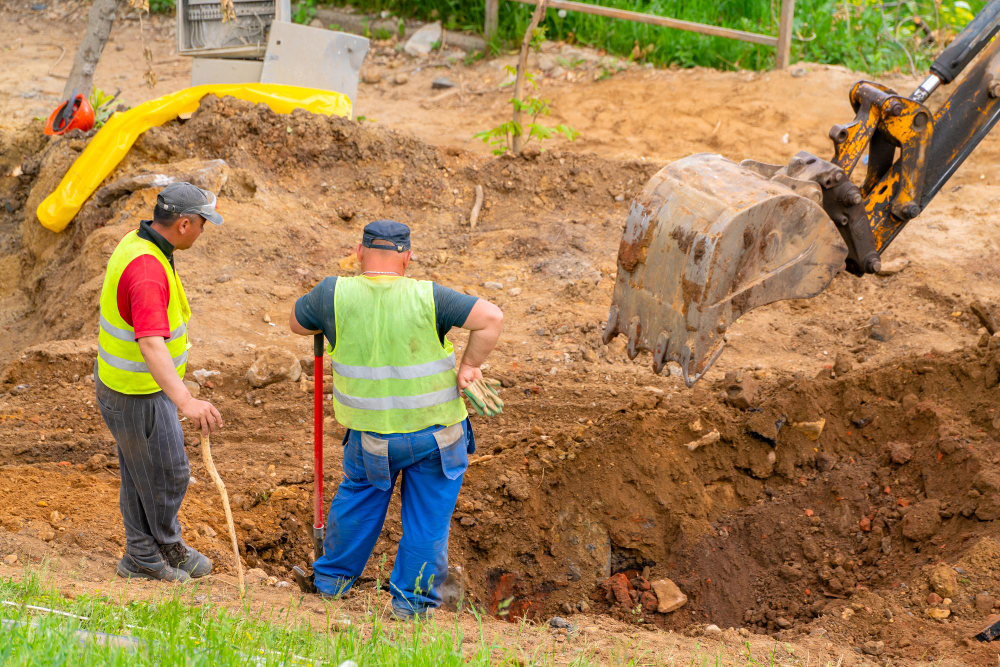The Vital Role of Land Development In The Future of Smart Cities

With the increasing demand for better infrastructure, transportation, energy, and social services, smart cities are becoming a reality in many parts of the world. These cities are designed to enhance the quality of life of its residents by maximizing technology and infrastructure. However, the smart city concept is incomplete without proper land development, which plays a vital role in shaping the future of these cities. In this blog post, we will explore how land development can impact the future of smart cities and how it can help them achieve their full potential.
1. Land Development Defines the Built Environment of Smart Cities
Smart cities are built on land, and their design and layout significantly impact their success. Land development plays a critical role in shaping a city's physical environment and its characteristics. It involves everything from land clearing, site preparation, environmental protection, building design, and infrastructure development. The manner in which land is developed determines how buildings and spaces interact with each other, how people move within the city, and how they access services and amenities. Therefore, proper land development is essential in creating an efficient and connected smart city.
2. Land Development Enables Smart Mobility
Smart mobility is an essential feature of smart cities. It involves adopting various transportation modes, such as public transit, walking, biking, and ride-sharing. This can only be achieved through effective land development. For example, developing compact, mixed-use neighborhoods where homes, shops, and services are in close proximity encourages people to walk or bike instead of drive. Land development also enables seamless integration of public transit systems, such as subway lines, bus routes, and bike-sharing stations, making it easier for residents to move around the city.
3. Land Development Boosts Energy Efficiency and Sustainability
Sustainable energy use is a crucial aspect of any smart city. Land development plays a significant role in achieving energy efficiency by optimizing the use of renewable energy sources, such as solar and wind power. Developers can design buildings with energy-efficient features, such as smart heating systems, natural lighting, and energy-saving appliances, reducing energy consumption and costs. Also, developers can create sustainable green spaces with modern irrigation systems, such as xeriscaping, which conserves water and reduces maintenance costs.
4. Land Development Encourages Economic Development
Proper land development can spur economic growth and development in a smart city. It can attract new businesses, create jobs, and increase property values. Developers can create mixed-use spaces that combine commercial, retail, and residential units, providing residents with easy access to essential services and amenities. Also, developers can create public spaces, such as plazas and parks, that promote social and cultural activities, and attract visitors. All these factors increase the attractiveness of the city, making it a hub for innovation and commerce.
Conclusion
The future of smart cities and how successful they become largely depends on land development. Proper land development enables smart mobility, energy efficiency, and economic development, making it an essential component of smart city development. If you are seeking site preparation services and land clearing in Ormond Beach, FL, Roger Landworks is your trusted partner. Get in touch with us today for a free quote and achieve efficient land development for your smart city projects.